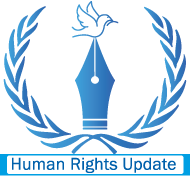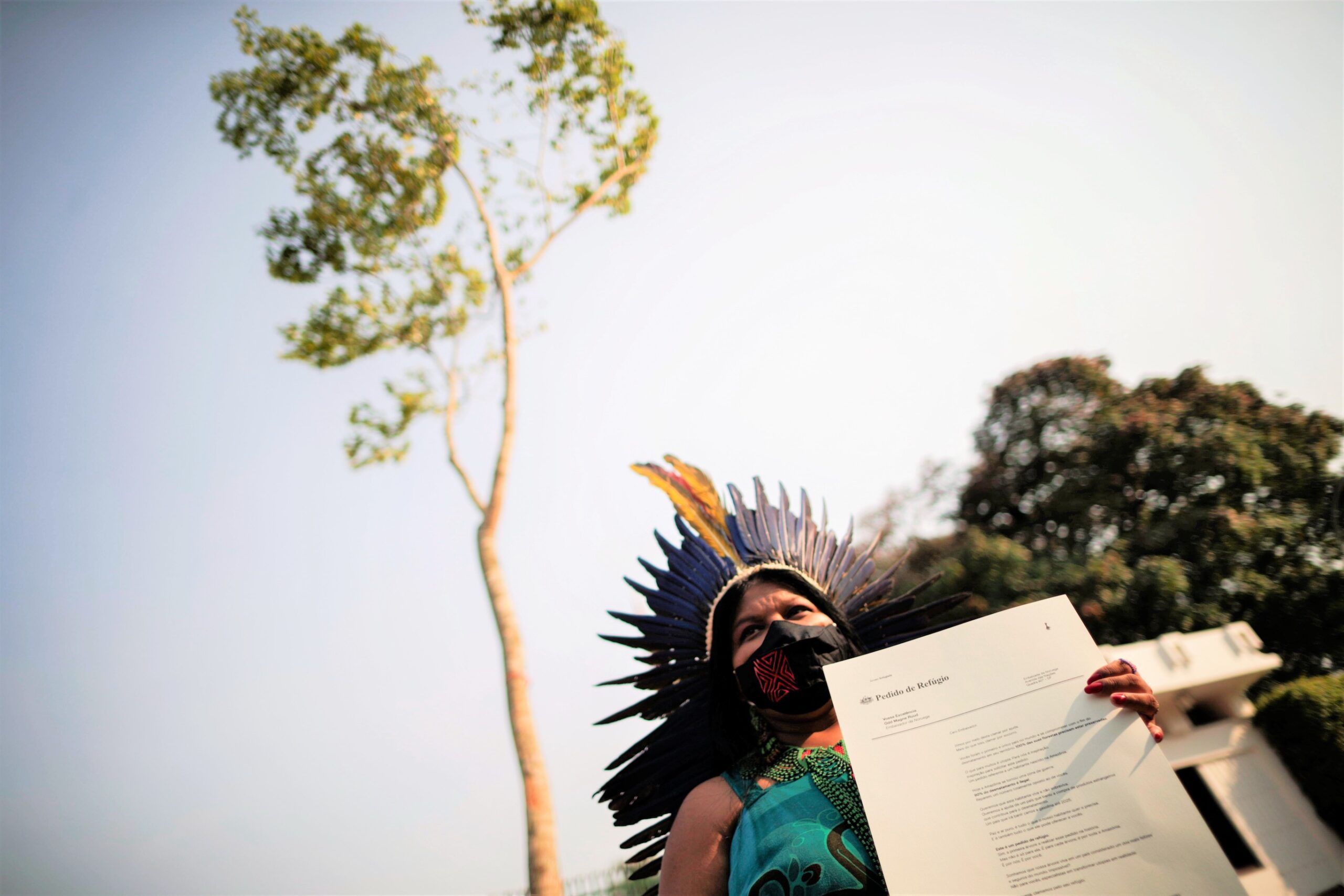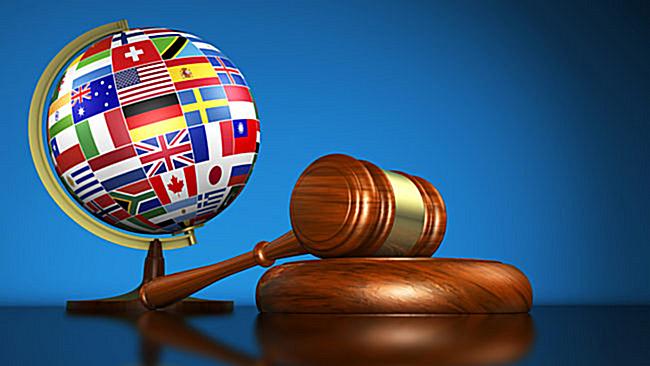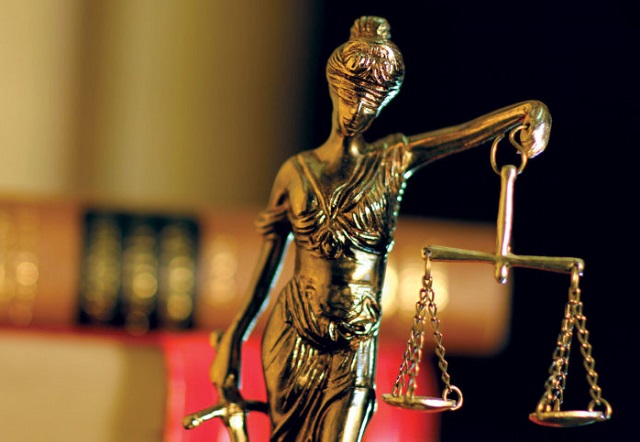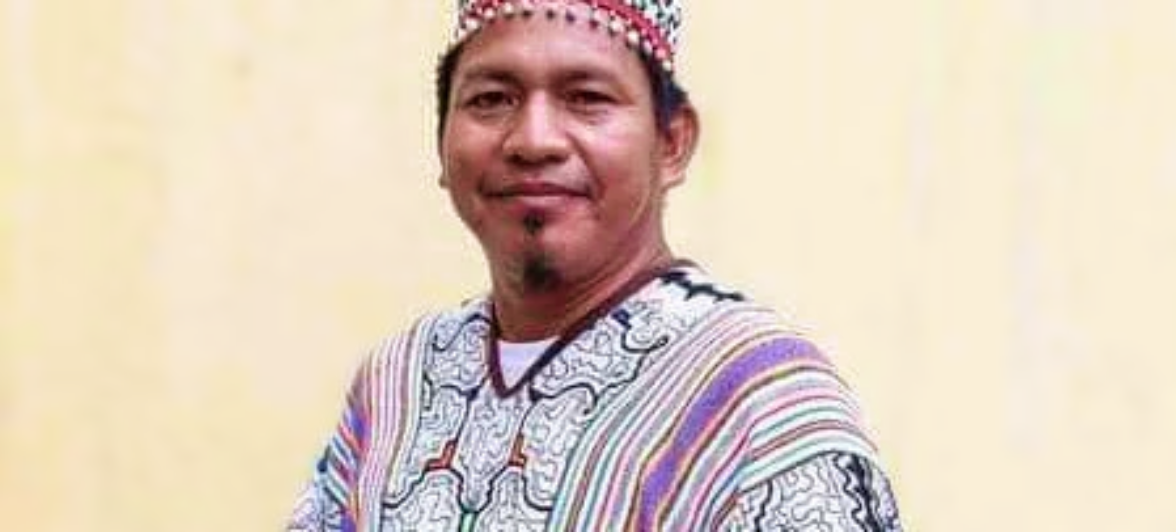The political and human rights situation in Bangladesh has sharply worsened, prompting the European Union (EU) to withdraw its election observation team for the upcoming elections in the country.
The current Bangladeshi government, led by the Awami League, which has remained in power for three consecutive terms, faces allegations of tyranny. The abolishment of the caretaker government system and allegations of vote manipulation have raised questions about their democratic process. Reports indicate a significant rise in human rights violations, with enforced disappearances, extrajudicial killings, and torture in police custody becoming alarming concerns. Figures reveal nearly 700 opposition and dissenters have been forcibly disappeared, and a staggering nearly 2,700 have been killed in the name of drug eradication since the Awami League’s reign began.
In light of these developments, the EU has officially informed Bangladesh’s Election Commission about its decision not to send an observation team. The communication was conveyed in a letter dated September 20 to the Ministry of Foreign Affairs and the Election Commission. While the Election Commission of Bangladesh attributes this decision to the EU’s internal budgetary constraints, sources indicate that the EU’s real concern is the unsuitable political climate for unbiased election observation.
Countering this, Bangladesh’s State Minister for Foreign Affairs, Shahriar Alam, expressed that the absence of the EU’s observer team wouldn’t impede the acceptance of Bangladesh’s elections, drawing parallels to past events. His comments have heightened concerns, with many perceiving it as an intention of the ruling party to hold another contentious election.
On the other hand, Information and Broadcasting Minister Dr. Hasan Mahmud stated that the presence or absence of an observer team from the European Union (EU) will not make any difference. He made these remarks during a meeting with journalists on 22 September. He also pointed out that Bangladesh does not send observation teams for European Union elections, implying that the EU does not necessarily need to observe Bangladesh’s elections either.
The climate has led opposition parties to express reluctance to participate in elections under the current administration, citing its alleged influence over the judiciary, police, and civil administration. The EU’s decision mirrors its stance from the 2018 elections, where it refrained from sending observers after a one-sided election in Bangladesh.
The recent EU pre-election observation team’s visit and subsequent report might have influenced their current stance, though this speculation remains unconfirmed. Meanwhile, the Bangladesh government has remained indifferent to the EU’s decision, further reinforcing accusations of authoritarianism.
Adding to the tensions, leaders from the human rights organization ‘Odhikar’, which collaborates with institutions like the EU and United Nations, have been imprisoned on questionable charges. The European Parliament has denounced the imprisonment of Adilur Rahman Khan and ASM Nasir Uddin Elan, even considering a reduction in trade benefits if human rights violations persist. Given Bangladesh’s significant 34.7% contribution to EU’s cotton fiber garment market compared to China’s 14.9%, such a move could have substantial economic repercussions.
In a recent resolution, the EU Parliament voiced concerns about the human rights landscape in Bangladesh, urging the country to honor its international commitments. In response, Bangladesh’s Ministry of Foreign Affairs branded the resolution as “interference in the internal affairs of Bangladesh”, a sentiment echoed by the government in previous international interventions.
With Bangladesh plunging deeper into a political quandary as next year’s election approaches, parallels are being drawn to Russia’s political structure by international observers, including India’s official news agency, PTI. They highlight the influence of a wealthy oligarchy profiting immensely from the status quo and keen on preserving the current power structure.
Furthermore, the concentrated power dynamics observed in Bangladesh have led to international comparisons. PTI, the official news agency of India, has highlighted similarities between Bangladesh’s political environment and that of Russia, indicating that a select group of elites or oligarchs seems to benefit disproportionately from the existing regime and are keen on sustaining it.
However, it’s not just the elite that are implicated in this scenario. The very essence of democracy and human rights in Bangladesh is at stake. Reports of state-sponsored repression, the silencing of the opposition, and accusations of compromised institutions paint a grim picture for the future of democratic values in the country.
Notably, the contentious imprisonment of Adilur Rahman Khan and ASM Nasiruddin Elan, prominent leaders of the ‘Odhikar’ human rights organization, has spurred international outrage. The EU Parliament’s stern stance against their imprisonment and the plea for their immediate unconditional release underscore the international community’s concern over the erosion of human rights in Bangladesh. Despite the mounting pressure, the Bangladeshi government has labeled such interventions as propaganda and conspiracies against the nation.
Amidst this turmoil, the looming elections pose significant challenges and uncertainties. With the opposition parties expressing reluctance to participate, concerns are mounting over the legitimacy and transparency of the upcoming polls. Whether these elections will be a beacon of change or perpetuate the ongoing cycle of political turmoil remains to be seen.
As Bangladesh grapples with its internal challenges, the international community remains watchful. The EU’s potential reconsideration of trade benefits, especially concerning the cotton fiber garment sector, signifies the global implications of the country’s internal politics. Given the economic reliance on exports, any changes to trade dynamics could significantly impact the nation’s economy. As Bangladesh navigates its intricate political landscape, the country stands at a crossroads between democratic values, human rights, and international diplomacy. The choices made in the upcoming months will undoubtedly shape its future trajectory, with implications not only for its citizens but also for its standing on the global stage. However, 90% of the people of the country feel that it is the need of the hour to bring Bangladesh under strict accountability.
